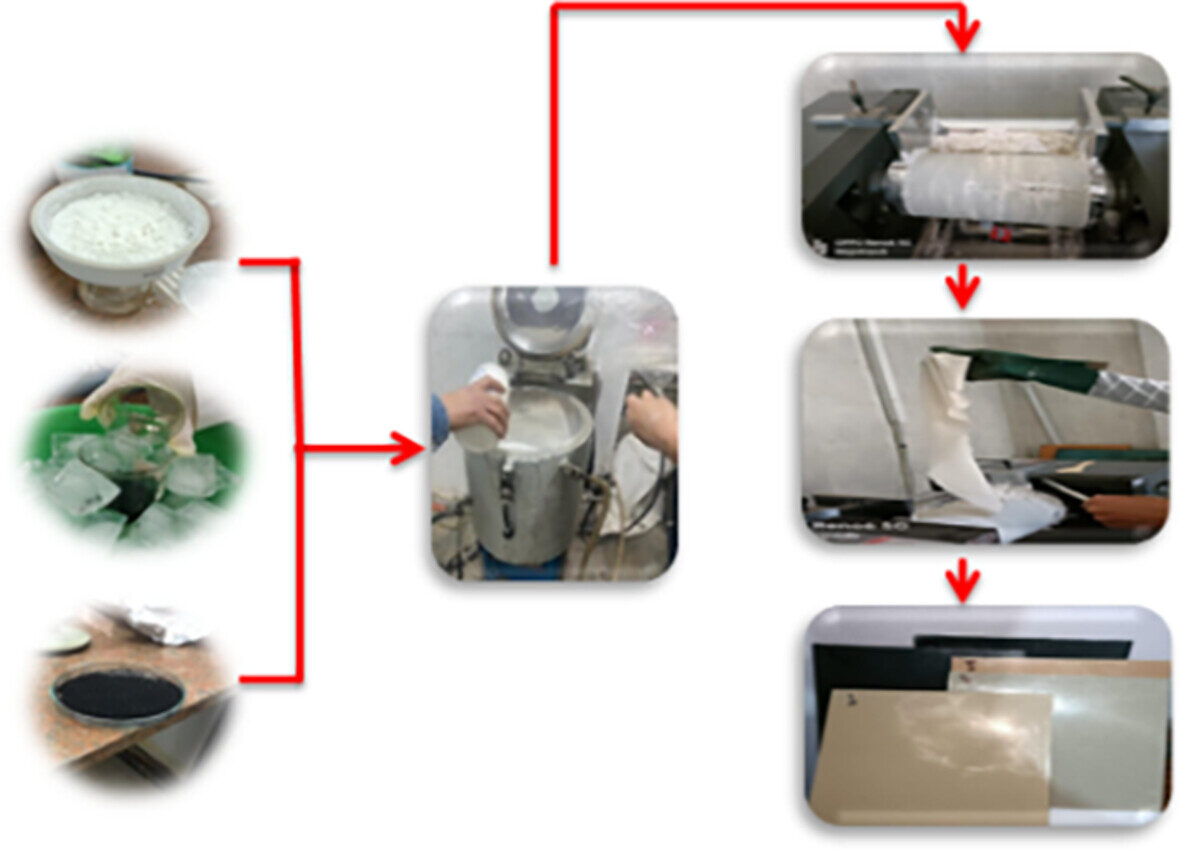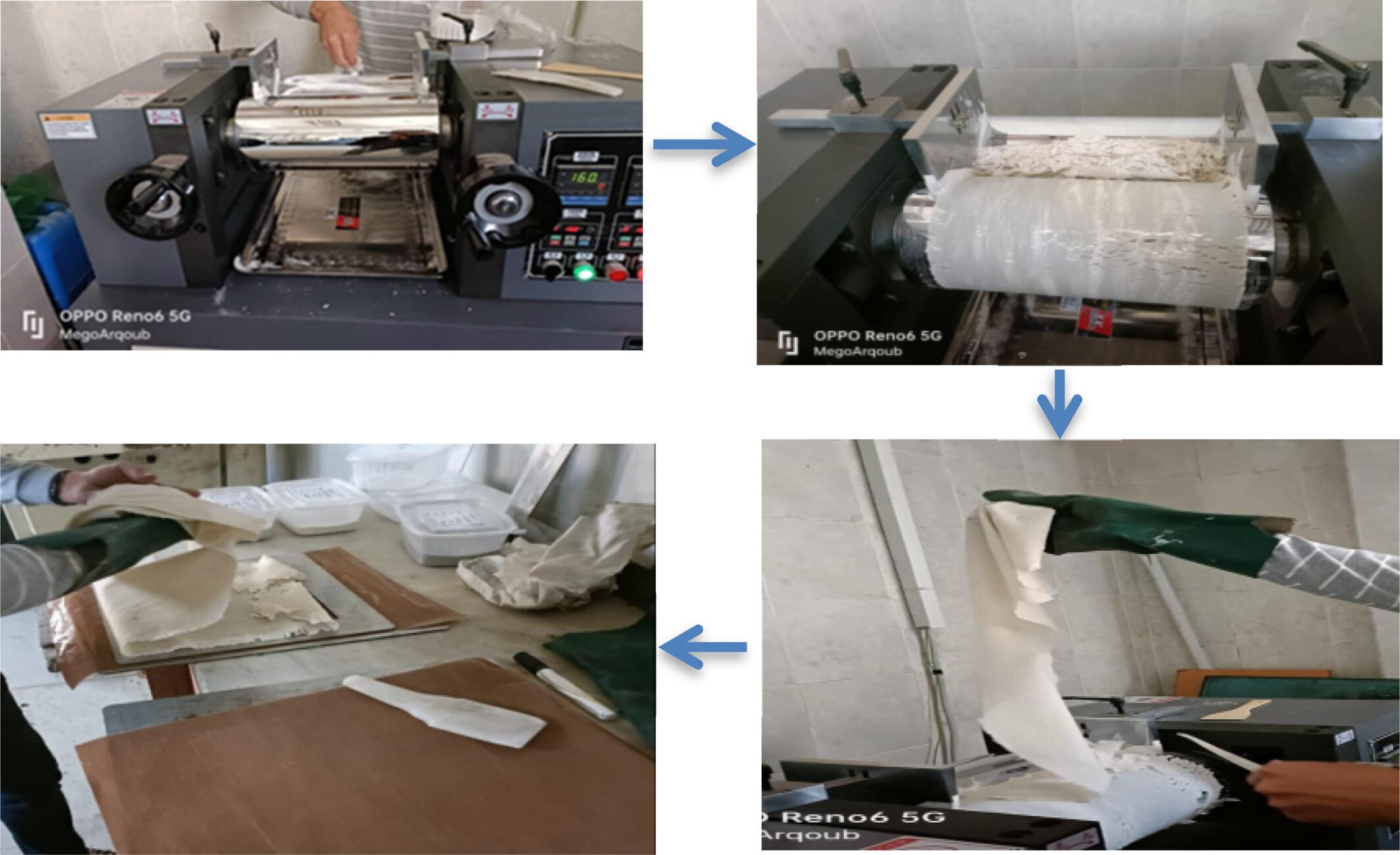Advancing PVC: A Safe and Eco-Friendly Approach to Enhance Thermal Stability

Polyvinyl chloride (PVC) stands tall among commercial plastics, but its thermal instability at processing temperatures poses challenges. To fortify PVC products against high temperatures, conventional heat stabilizers are often employed, yet they come with toxic baggage harmful to both humans and the environment.
In a groundbreaking study, a revolutionary solution is presented—a blend of calcium/zinc stearate heat stabilizer and green Expandable graphite (EG)—crafted through a safe hydrothermal process with a focus on non-toxic, environmentally friendly additives.
The investigation delves into the thermal stability of PVC using advanced techniques such as Scanning electron microscopy (SEM) and Fourier transform infrared spectroscopy (FTIR) for scrutinizing the heat stabilizer structures. Mechanical properties are assessed using universal testing equipment, while thermal gravimetric analysis (TGA) provides crucial insights.

Process of polyvinyl chloride film flow sheet through roll milling.
Results
TGA results unveil a significant improvement in thermal stability, with a mere 43.49% weight loss at 342°C for the Ca/Zn-stearate sample compared to a substantial 55.87% at 260°C for the EG-incorporated sample. Differential scanning calorimetry showcases a remarkable 67°C increase in the glass transition temperature, affirming the enhanced thermal stability of PVC. Mechanical tests substantiate this, revealing higher tensile strength and elongation at break for samples with EG.
Beyond thermal stability, the burning test underlines the resilience of EG-containing samples, retaining color and structure even after exposure to 180°C heat. This innovative approach not only boosts PVC’s thermal stability but also aligns seamlessly with eco-friendly principles, presenting a promising avenue for elevating PVC properties sustainably.
You can read more about this topic in the article “Utilizing a blend of expandable graphite and calcium/zinc stearate as a heat stabilizer environmentally friendly for polyvinyl chloride” by Ashraf Morsy, Abbas Anwar, Hossam Anwar, H. Abdel-Hamid, Aya Soliman, published in the November 2023 issue of SPE Polymers.
